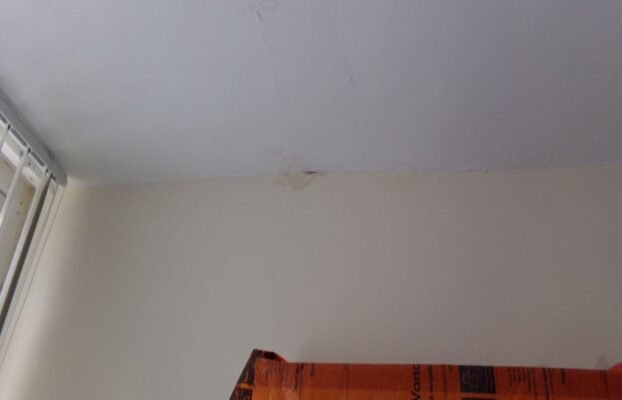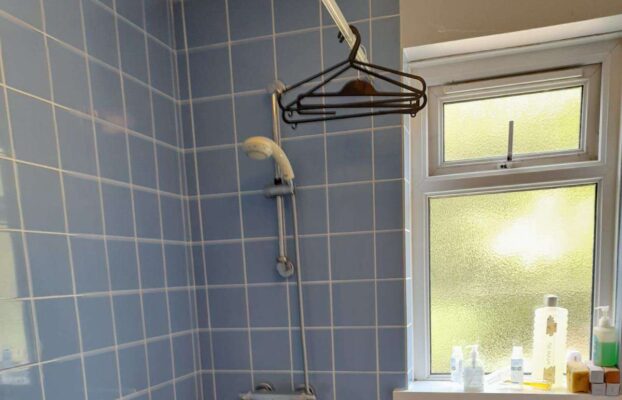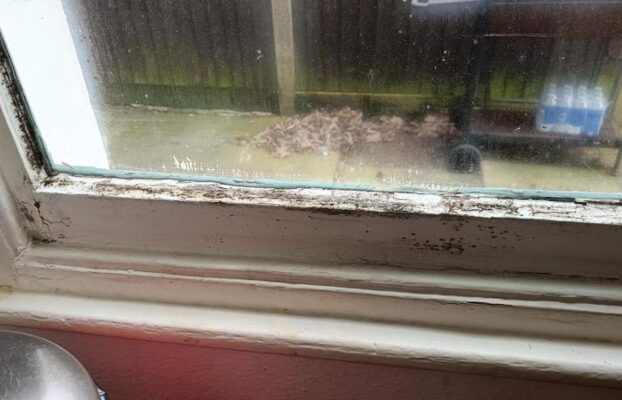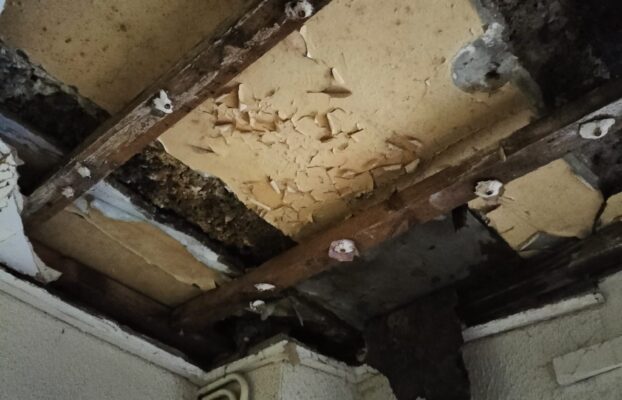How to complain to your landlord about a Housing Disrepair issue
Before instructing a solicitor against your landlord for a Housing Disrepair issue, it is important that you complain to them first. A landlord can only be held accountable for repairs if they knew about it and chose not to act. If you have complained, in writing, and your landlord still hasn’t actioned any repairs, it may be time to make a claim against them.
Disrepair can come in all shapes and sizes – but when repairs aren’t getting done, it can be frustrating and sometimes even debilitating for your mental and/or physical health. These disrepair issues can include; damp and mould, poor insulation, broken doors or windows, leaking pipes, etc.
However, it is vastly important that you report every problem that you are having to your landlord so that they can be given the opportunity to make good the disrepair. The best-case scenario is that repairs will be completed without the need for a solicitor.
As soon as you have identified a disrepair issue in your home, you should report it to your landlord in writing. By writing an email or a letter, there will be actual evidence with the date of which you complained. More importantly, it will be evidence of when the landlord first heard about the disrepair.
A couple of things might happen next after you first report the disrepair issue. Best case scenario, the landlord fixes the disrepair quickly. However, this isn’t as common as we might hope. Your landlord may respond saying they’ll come out to fix it, but they never do. They might even try and justify why they don’t.
Either way, if you’re still unhappy with the disrepair, you should make an official complaint to your landlord, also in writing. In many cases, landlords will make repairs after a formal complaint has been made.
We should also note that you must give your landlord a “reasonable” amount of time to make repairs before considering contacting a solicitor. The timeframes for this can vary. If there is a security risk, i.e., a broken front door, the amount of time for a landlord to make repairs would be shorter (days or weeks). However, for a lot of other issues, i.e., damp and mould, you must allow the landlord at least a couple of months to act upon your complaints of disrepair.
Once an official complaint has been made, and a reasonable amount of time has passed, if your landlord still hasn’t dealt with the disrepair, you should consider beginning a Housing Disrepair claim with a solicitor.
Here at Pabla & Pabla, our team of Housing Disrepair specialists can support you with a Housing Disrepair claim should you ever find yourself with an unresponsive, negligent landlord. Our Housing Disrepair cases are all dealt with on a “no win, no fee” basis. We can help you to get repairs done and get compensation for your loss of enjoyment in the property.

Finally, we should note that you can also contact the Housing Ombudsman to make an official complaint about your landlord. Tenants are legally entitled to seek advice from the Housing Ombudsman and undertake a Housing Disrepair claim at the same time.
How to complain to your landlord summary:
- Report any disrepair issues as soon as you identify them (ideally in writing).
- If the landlord doesn’t make the repairs, complain to them (once again, ideally in writing).
- If the landlord still hasn’t made the repairs over a “reasonable” time period, then you can raise your Housing Disrepair claim with us at Pabla & Pabla, as well as file a complaint with the Housing Ombudsman.













Can the Housing Ombudsman and private solicitors co-exist?
June 6, 2025